Brussels attacks took European project and way of life as their target - unity will be our best response
Jihadism cannot be defeated easily - there will be other politically targeted atrocities like those in Brussels
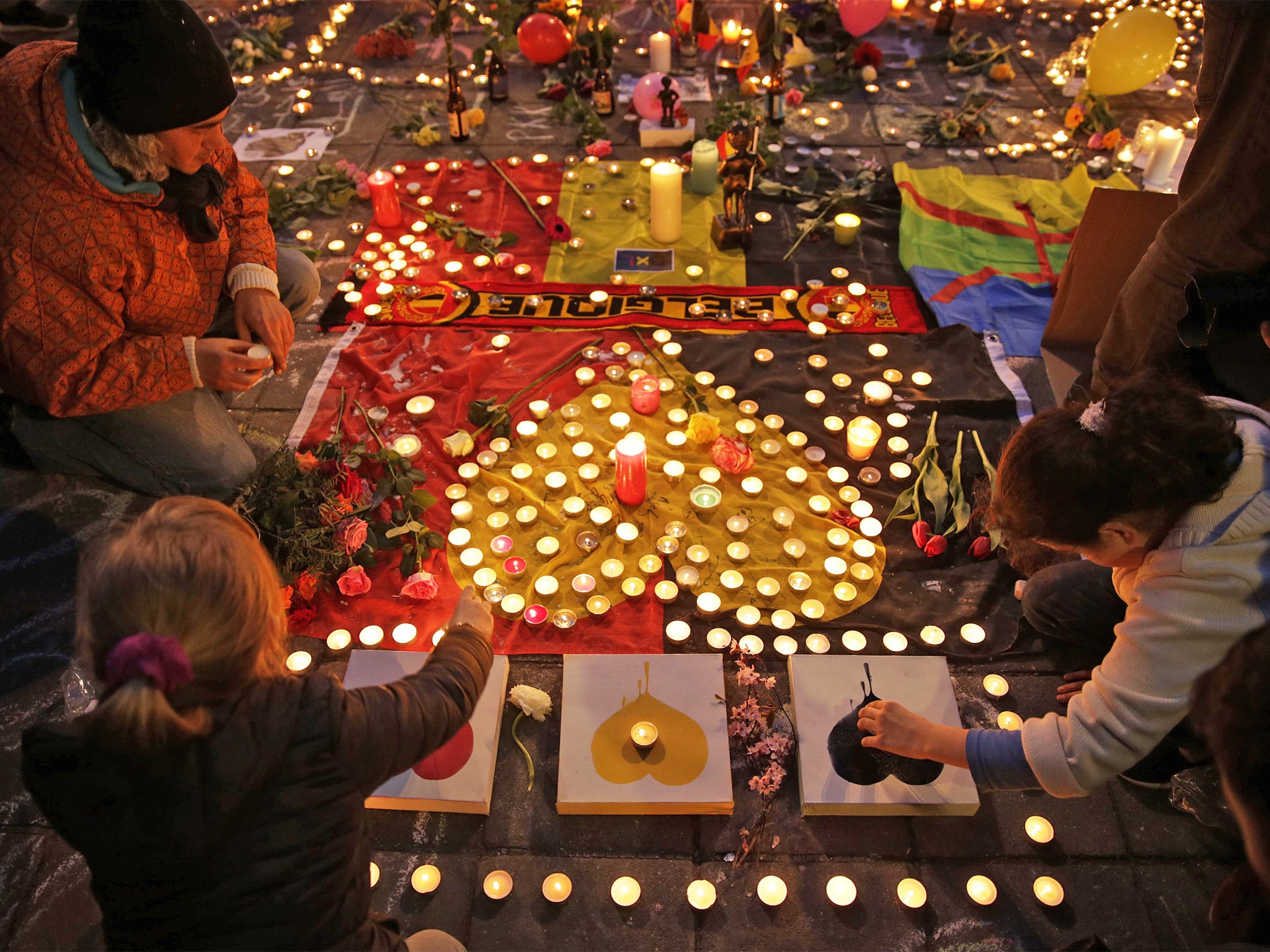
By their targets, you shall know them. The slaughter in Brussels followed closely the pattern of the atrocities in Paris on 13 November: these mass killings were callous and indiscriminate, but they were not random. The targets were selected to murder and maim as many innocent people as possible. They were also chosen to make a political point.
In Paris, the broader target was the Western way of life and especially the tolerance and joie de vivre of the secular, urban, professional and multiracial young. In Brussels, the broader targets were internationalism and the European Union. Two bombs went off in the departure hall of one of Europe’s busiest airports. Another exploded in a metro train in a station 200 metres from the European Commission. For that reason alone, the political fingerprints of Isis are all over the attacks.
Murder with a message is an Isis speciality. The bombings were probably planned long before the arrest of the surviving Paris attacker, Salah Abdeslam, but were doubtless accelerated by that event. Isis was, in effect, saying that the capture of Abdeslam is a side-show.
Within hours, right on cue, and not just in Britain, voices were raised to blame the attacks on immigration, the border-free EU and excessive tolerance of Europe’s Islamist minorities. Others spoke, more reasonably, of the security failures of Europe and especially of Belgium.
There will be much criticism of the Belgian government in particular – and much unspoken Schadenfreude that a country which has unwittingly exported jihadism in recent years should now become one of its victims. Some of this criticism is justified.
In the past two decades, parts of the federal Belgian state have fallen into chaos and disrepair as real political power, and patronage, passed to the language-based regional structures of Flanders, Wallonia and Brussels. Co-operation between police forces, and between police and intelligence and security forces, has become a standing joke. The festering radicalism of Muslim-dominated boroughs in Brussels, like Molenbeek, went unchallenged.
It is important, however, to learn the right lesson from this latest tragedy. Ultra-nationalists in France and anti-Europeans in Britain can point to Belgium as an example of what happens if a strong sense of national identity dies and strong national institutions fail. Those who support a supra-national Europe can point to a linguistically divided and perennially quarrelsome Belgium as an example of what a post-Treaty of Rome Europe might look like. There are, however, more modest and pragmatic lessons to be learned.
Radical Islam, though it detests internationalism, knows no nationality. Modern terrorists can cross borders easily – Schengen or no Schengen. Festering radicalism is far from just a Belgian or a French phenomenon. The 2005 London bombers were all British-born.
Jihadism cannot be defeated easily and it cannot be defeated in Iraq and Syria alone. There will be other politically targeted atrocities like those in Brussels.
The solution must come partly from a clear rejection of the perversion of jihadism by the West’s Islamic communities themselves. It must come partly from the sense of economic and spiritual opportunity offered to young Muslims in Manchester as well as Molenbeek.
But it must also come from rejecting a drawbridge mentality and by pursuing well-structured judicial and police co-operation and intelligence-sharing across European frontiers.

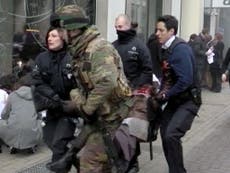
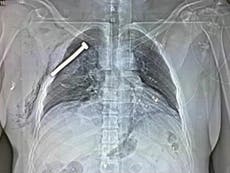
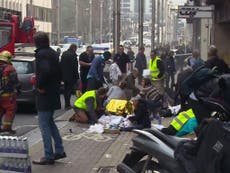
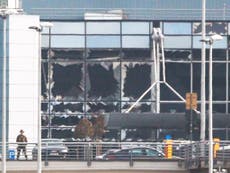
Join our commenting forum
Join thought-provoking conversations, follow other Independent readers and see their replies